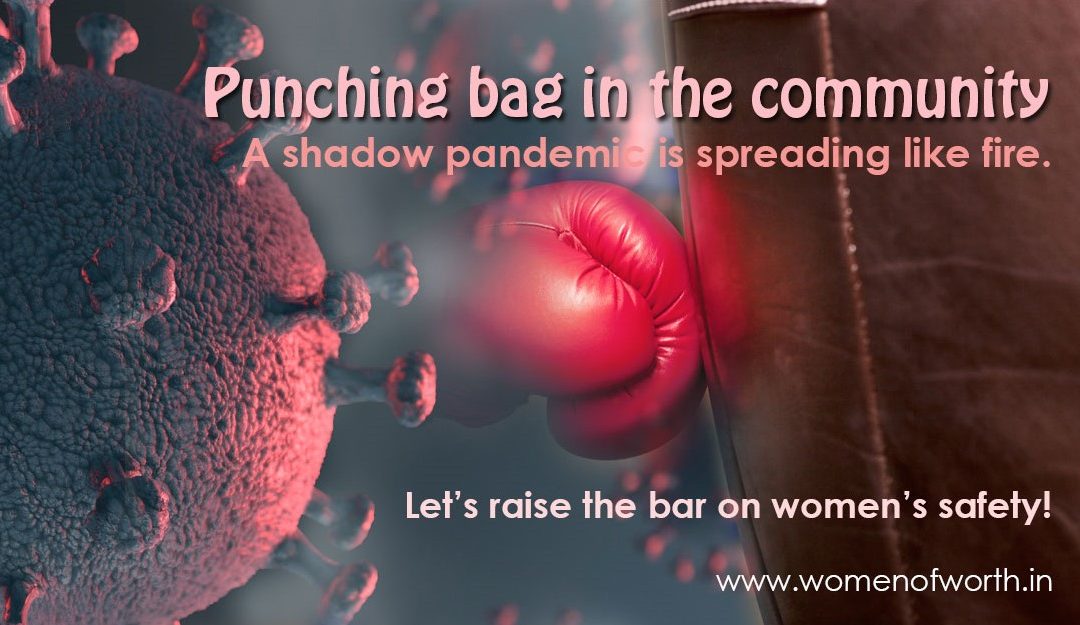
by Women Of Worth | Jun 9, 2020 | Blog, Fearless Project, Girl Arise
When we all first started hearing about COVID-19 we assumed that it would not be ‘our’ problem. It was ‘their’ problem. The reality hit the country at the end of March, with the lockdown in place. While some of us were thinking of ‘being safe’ in the comfort of our homes there was a segment of society that didn’t know what safety meant. They didn’t know how to get the next meal for themselves. In the middle of a busy city like Kolkata with millions of people, in the north lies a community of about 44,000 people who are daily wage labourers, domestic help, rickshaw pullers and garbage cleaners. They are the people who make our lives comfortable.
WHO ARE THE PUNCHING BAGS?
With the people of the community losing their income and their future looking bleak, there was an increase in frustration, hopelessness and anxiety among the people. One of the biggest issues in our nation is the fact that only some of us have access to the legal remedial and to justice. There are millions of people in our country who are far away from receiving access to justice or even legal help.
It was during this time that the WoW team in Kolkata was able to connect with some of the city authorities. The team assured them that they were available to stand by the authorities to help during the time of crisis.
Very quickly this community was introduced to the WoW team. The team was told that it would be a difficult place to work at and would be uncomfortable. We were ready for the challenge.
When we first walked into the community it was indeed something words couldn’t have prepared us for. The houses were crowded- on top of each other literally. 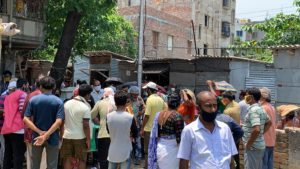 There was no sense of lockdown being executed and there were people everywhere. There was no space for social distancing in the area. There was a feeling of hopelessness and sadness in the air. We quickly befriended the political leaders in the area and worked alongside them to reach out to the women and children. We were given a little shack in the middle of the vegetable market where we could station ourselves and wait for the women who would come to buy their daily groceries to find us and speak with us. We were immediately asked to intervene in some of the cases that were happening in the community and help with the problems.
There was no sense of lockdown being executed and there were people everywhere. There was no space for social distancing in the area. There was a feeling of hopelessness and sadness in the air. We quickly befriended the political leaders in the area and worked alongside them to reach out to the women and children. We were given a little shack in the middle of the vegetable market where we could station ourselves and wait for the women who would come to buy their daily groceries to find us and speak with us. We were immediately asked to intervene in some of the cases that were happening in the community and help with the problems.
The very first intervention was for a 25- year old lady who was married for about 8 months. Her in laws wanted a dowry of Rs. 2,00,000 but the family was only able to give Rs. 1,80,000. The in laws were not happy with the amount and she was continuously raped by her husband and many times by her father in law as well. On the day we were called, there was some major issue that had happened and the in laws set her on fire. We immediately assisted in getting her transferred to the hospital, being with her late in the evening to ensure she knew there was someone for her.
She was burnt 60% and it was a long and hard few days of battling for her life. We stood with her and helped in getting the statements to law enforcement. Unfortunately, she didn’t live to see justice done.
It was not easy to see her dying right in front of us and we wished there was a different end to her story and her life. She didn’t know she could have received justice for herself since her fight was for survival.
In another instance a 19-year old girl from a Hindu family ran away from home and got married to a 22-year old boy from a Muslim family. There was a lot of tension in the home because of the different faiths. The boy’s family, specifically his mother, would often beat the girl, since she didn’t accept her being from another faith. She was three months pregnant when her mother in law took her to someone in the mosque who looked at the girl and said she was pregnant with a girl child. The mother in law wanted a boy and therefore the severity of the abuse increased. When it got out of control, she ran out of the house to look for help and lost the baby the same night. She didn’t have the security to return to her parental house because they wouldn’t accept her back. We helped in counselling her, standing with her in the hospital, seeing the still born baby and sending the baby for cremation. We were there to support her, so that she knew she wasn’t alone especially when her own family despised her. She chose to return back to her in laws and continue to stay with her husband. She had no complaints against them. She didn’t want to go to the police or resort to any legal action since her survival and security of family and home was more important than fighting for her rights and for justice. We have continued to stand with her to ensure her safety and protection.
In another case, under the influence of alcohol, a girl from the same community was being beaten up by her husband. When we reached, we saw her dripping in petroleum and had we not intervened she would have been burnt alive. We were able to remove her and repatriate her back to her house in Sunderbans. It was a 4-hour long journey to take her back home by road and then crossing over the river in a boat.
Unfortunately, she was not safe in the maternal house either. We are unsure of the details of what happened, but it’s most likely that she was beaten, abused and died a couple of days later.
We couldn’t return back to help her because of the approaching cyclone and all communication on the Bay of Bengal was interrupted. Where was her justice? Did she really need a functional system or people to just be there for her?
What was common for all of the three women was that they needed basic security. They needed to know they are more important than dowry, than the child they would give birth to and that their lives mattered. They needed people to come and stand with them, affirm their worth and teach them that they had a right to life and dignity.
About the Author: Dolphy Biswas is from Kolkata and is passionate about working for women and children who don’t have a voice to speak up for themselves. For the past few years, as a community worker , Manager, and trainer with Women of Worth, she is involved in addressing the needs of women and adolescent girls in crisis situations. The COVID-19 pandemic became a season of torture for many of these women and girls who were already vulnerable. Dolphy has been able to do daily visits and be a source of support.
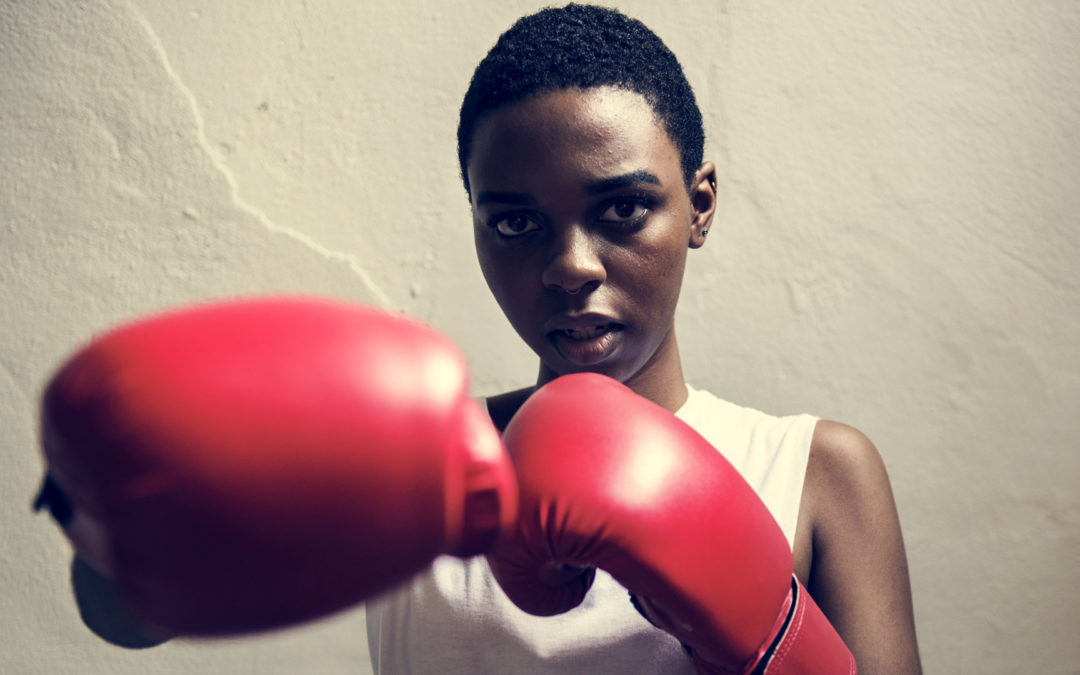
by Pallavi Jhunjhunwala | Mar 19, 2019 | Blog, Fearless Project, Girl Arise
Every day, we hear stories of women being victimised, raped, assaulted. The number of crimes against women has experienced an 83 % increase from 2007 till date. With a rising number of crimes committed against women day by day, it has become inherently crucial that women learn a self-defense technique to be able to stand up and protect themselves.
Here are 5 reasons every woman should consider learning a self-defense technique:
1: USEFUL FOR SAFETY AND PROTECTION
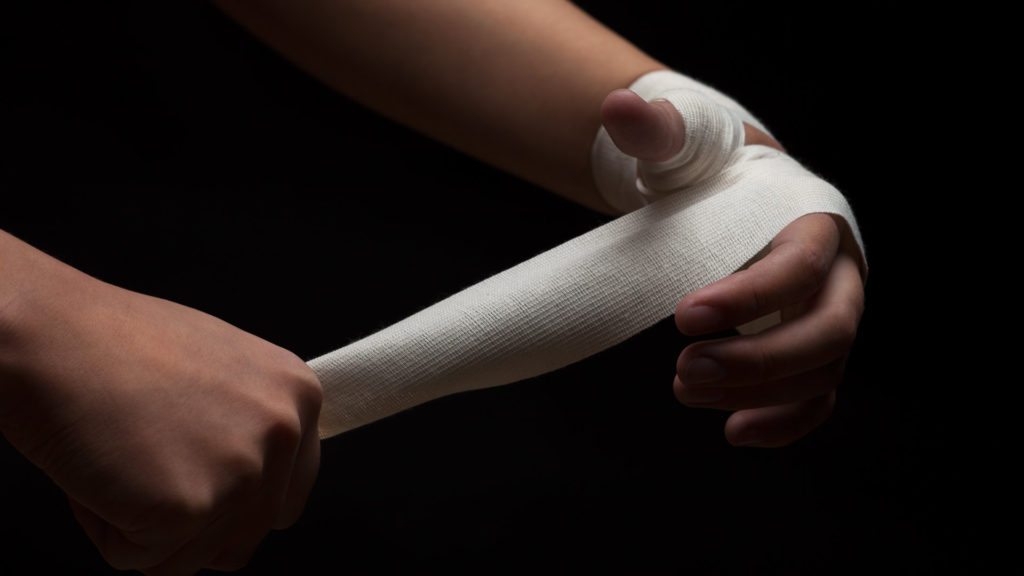
Perhaps the most obvious reason for having a few self defence techniques at the back of your hand is for the purpose of safety and protection. Every day, we hear one story or another, of a woman being victimised, raped, assaulted.
Although it can be rightfully claimed that the the concept of every woman learning self defence is similar to the concept of victim blaming and not punishing the perpetrators instead; we also need to understand that as stringency, regulations and support grow to reach to the point in society where a woman can walk out of her house at 11 PM in the night with no second thoughts in her head, there needs to be some form of protection that women can depend upon. Imagine a world where every woman was empowered to fight back?!
2: TO AID PROGRESS IN SOCIETY
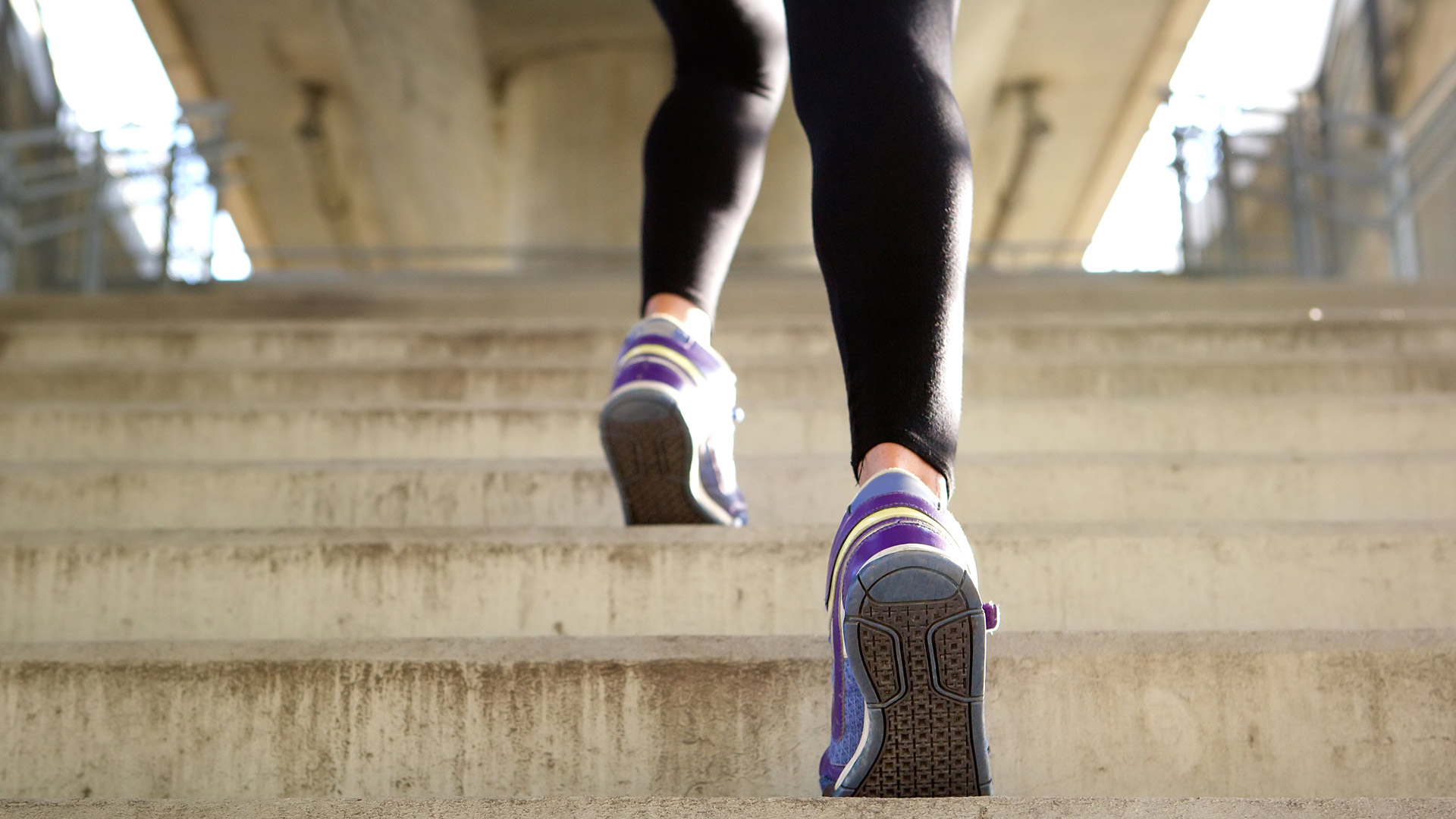
With female talent rapidly blossoming globally across all professional sectors and industries, for women to continue to expand their reach and potential around the world, one of the major factors that plays an irrefutable role and which is of paramount importance is safety. Women’s safety should not become a burden and more importantly an excuse for companies and businesses to downsize recruitment of women employees and staff. Through knowledge about safety, safety techniques and laws, every woman can progress without being held back.
3: CONFIDENCE

An inherent feature of being equipped with self defence techniques is the enormous change in level of confidence that a woman experiences along with a concomitant rise in self esteem, self worth and self respect.
4: WOMEN CAN BE PHYSICALLY STRONG TOO
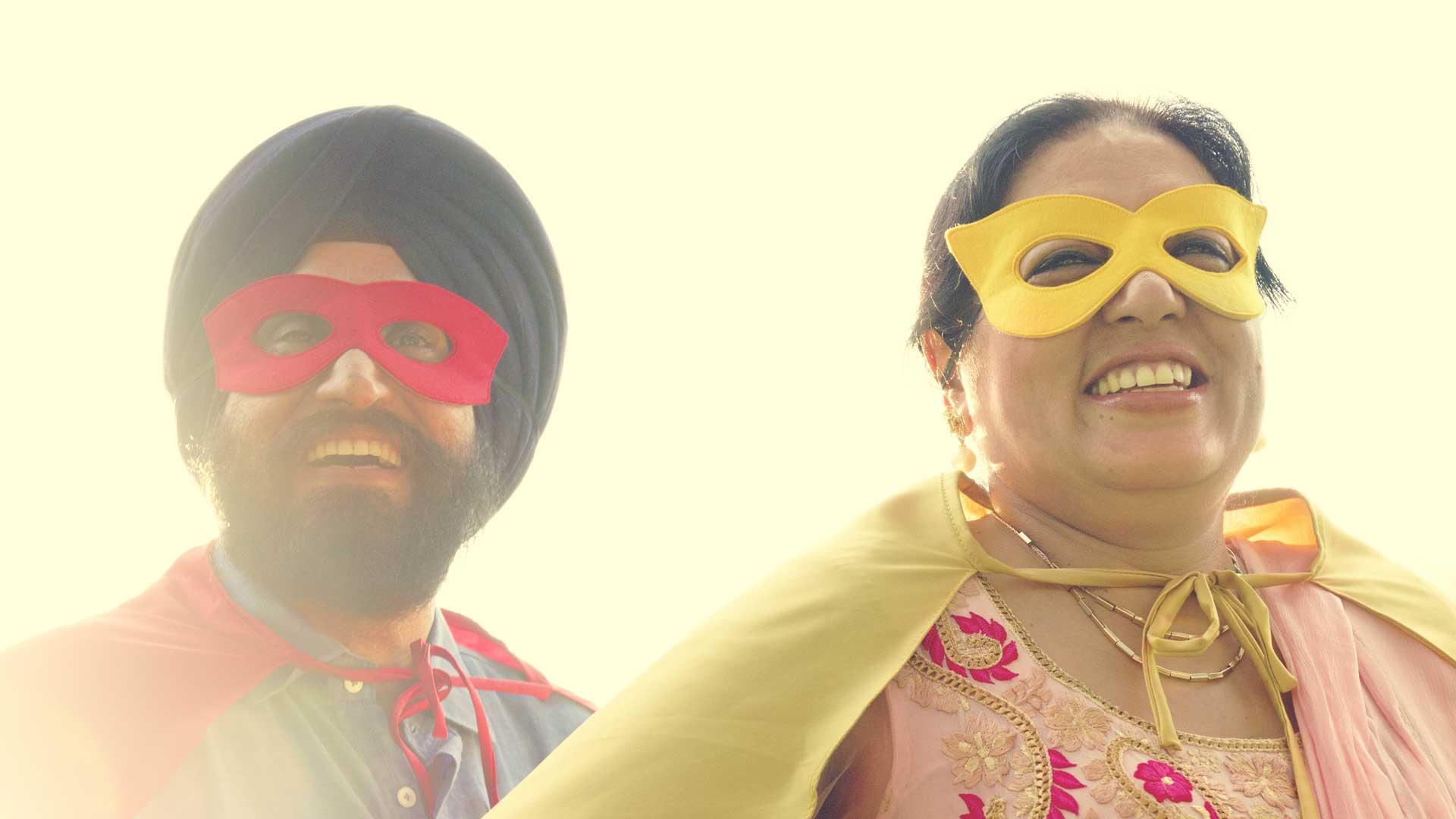
Biologically, it is said that on an average, a man is physically stronger than a woman(not to say that women can’t be stronger than men!). Most attackers are not likely to be equipped with any martial art skills. They naturally tend to use their size and gender as an advantage. This is why most self defence forms primarily aim at performing a temporary defensive move or one that pains the perpetrator, giving enough time to the victim to run away and call for help. The results can mean a matter of life and death for the woman.
5: BREAK STEREOTYPES

Gone are those days when society would force us to imagine a husband, brother or a son to come and save a woman who is almost always portrayed as helpless, desperate, scared and vulnerable. In addition, more women learning self defence could indeed instigate fear in the minds of the perpetrators, and could actually lead to facilitate a positive change towards alleviating the issue of crime committed against women!
Gone are those days when women depended on husbands, brothers, sons and boyfriends to protect and save them. Gone are also the days when women are portrayed as helpless, desperate, scared and vulnerable.
More women learning self defence could not only instigate fear in the minds of perpetrators, but could actually facilitate a positive change towards alleviating the issue of crimes committed against women!
Have you ever learned a self-defense technique? Would you consider learning one? Tell us what you think!
Pallavi is a 16 year old student from Vaels International School and our youngest volunteer writer. She is passionate about the topics of gender bias, domestic violence against women, gender stereotypes and other societal women-related issues and eager to voice her opinions in and outside her school. She loves to be active through playing basketball and badminton or swimming. She holds a black belt in Karate as well.
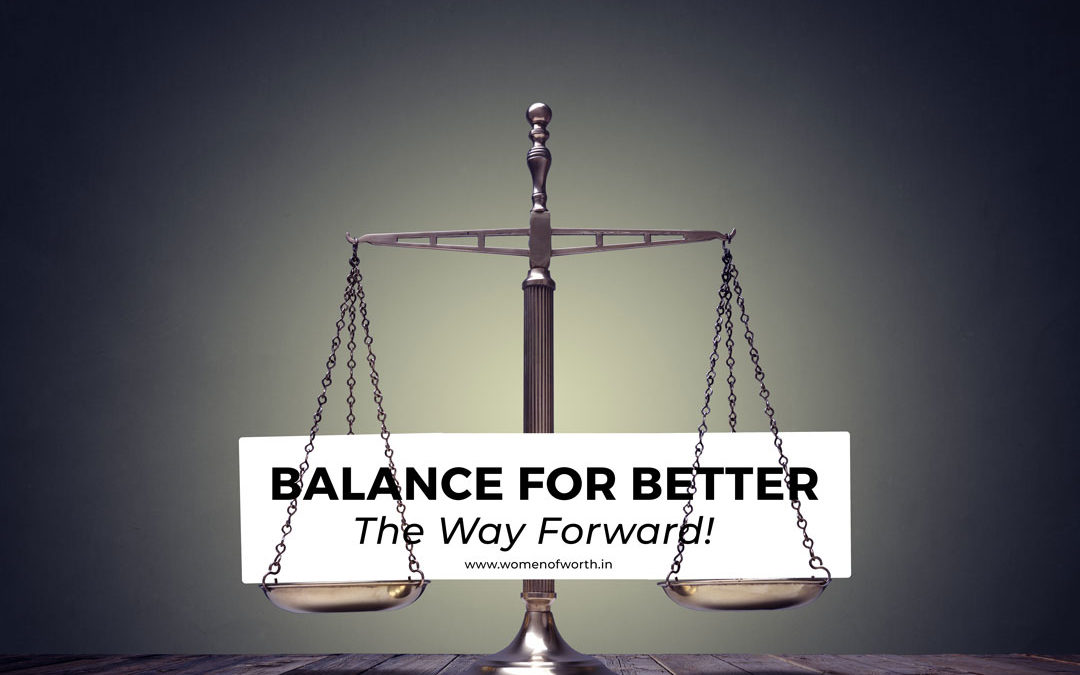
by Kavitha Emmanuel | Mar 8, 2019 | Blog, Fearless Project, Girl Arise
Welcome to women’s history month!
It is always the highlight of every year around this time for us at WOW to celebrate who we are as women, anticipate the changes that are yet to be and be challenged to participate in being change agents who facilitate justice and equality for women and the girl child.
Throughout 2019 our focus will be directed towards emphasizing the need to create a culture of safety for women. Safety is crucial to a person’s well-being and immensely influences one’s quality of life. Lack of safety for women stands in the way of women living lives to their full potential. It is a fact that even today the most vulnerable people group in any part of the world are women and children. Women and the girl child face the brunt of all the worst forms of deprivations. It is imperative that we press on to find solutions that ensure their safety and well-being.
Issues of safety for women and the girl child begin long before they see the light of day. It begins in the womb and continues on through their life span. Women continue to face violence in the form of ‘gendercide’ (the extermination of the female foetus or infant), domestic violence, rape, molestation, human trafficking, sexual harassment, eve-teasing, neglect, abandonment and more. Also, our definition of safety is incomplete if we don’t include emotional, verbal and intellectual forms of abuse.
Before we ask ourselves what we can do to address issues of safety for women and the girl child, we should consider why they face these forms of violence and what motivates or instigates the perpetrators to exhibit such behaviour. Incidentally, we all should also acknowledge that violence against women is not just endorsed or perpetrated by men. Though the perpetrators are primarily men, women are as guilty of endorsing attitudes ,values,beliefs that perpetuate violence against women.
When it comes to the ‘why’ question about women’s issues of safety, it ultimately boils down to how we value women and the girl child. If they are considered ‘second-class’ and if our social conditioning dictates that women are not equal to men, then it directly will reflect on how we treat them. When our mindset towards women is not challenged, we will continue to experience and endorse violence against women in its various forms. In fact gender inequality in any capacity is an act of violence against women. It is high-time we evaluate our pre-conceived notions and beliefs about women, supported by our cultural practices or traditions.
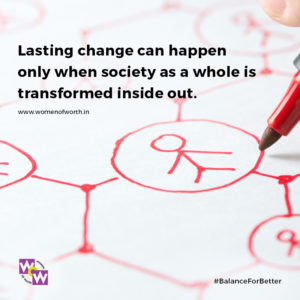
This is not to say that all our cultural values and practices are all anti-women. But every culture needs to progress to be more meaningful in its expression. And every practice or belief we hold needs to be seen through the lens of our very basic fundamental and constitutional right i.e every human being to be treated with equal value and dignity. Safety is the human right of all people and not just the privilege of a few. Gender, skin colour, religion, caste, economic status or age should not be parameters that determine a person’s worth. And progress needs to be defined by how much we are willing to give room in our belief systems for the dignity and humanity of women and the girl child.
When we recognize this need for a ‘mindset change’, we will have identified one of the fundamental reasons for violence against them. Therefore, safety for women is not an issue that stands alone. On many fronts, it is one of the worst manifestations of prevailing attitudes towards women.
We need to challenge ourselves to rethink our definitions of ‘women’s empowerment’. We need empowerment that starts from within – where we educate a woman to recognize her value and worth. But this is only half the work done. The other half is with how we educate boys and men. Teaching them to respect women as equals is crucial. We don’t have real safety if our concepts of safety is defined by the restrictions we place on women. As long as we hear comments like, ‘what was she wearing when this happened?’ or “why did she go out that late?’ we are setting false or weak standards for a woman’s safety. True empowerment will take into consideration both obvious and hidden factors that shape and mould our attitude towards women. It is in accepting, endorsing and promoting the equality of women in all spheres that genuine safety is birthed. The idea that women are equal needs to span across boardrooms to public offices to schools and colleges. The idea then has to become our posture towards women and the girl child. When we truly begin to acknowledge the equality of women in our attitudes and mind-set we will rise above finding symptomatic solutions to women’s safety.
In keeping with this year’s IWD theme, #balanceforbetter, if balance has to be achieved, men need to be part of the change process. If organisations have to grow, the quickest, fastest, and smartest way is to invest in developing women, creating conducive environments and introducing equitable work place policies. Lasting change can happen only when society as a whole is transformed inside out. This means change at the individual level as well as at the systemic levels. Let not history document how even this generation failed to make a dent in the dream of an equitable world.
Kavitha Emmanuel is the founder of Women Of Worth, India. She is an advocate for women’s issues and believes that every individual is unique and intrinsically valuable.
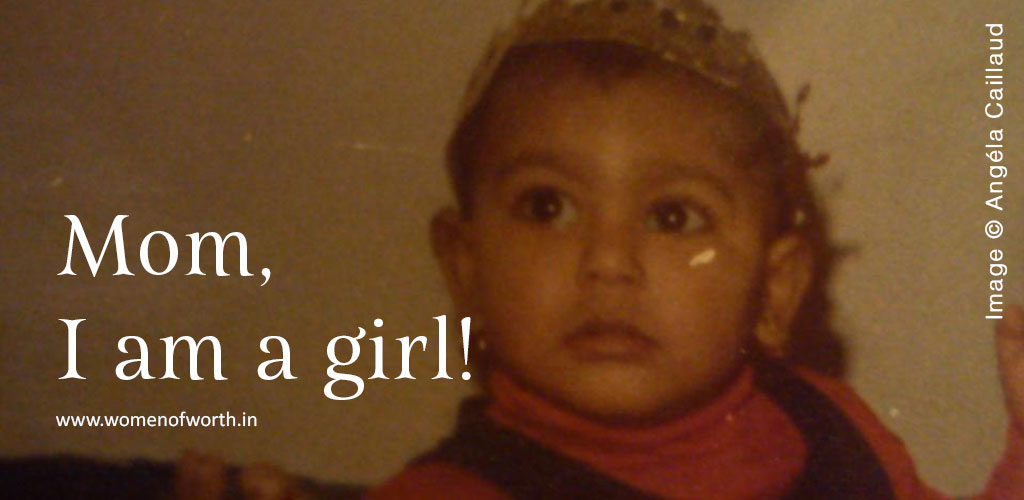
by WOW | Oct 14, 2018 | Blog, Fearless Project
A little soul chose to incarnate in the pretty body of a Kolkata Indian. She has evolved and grown up in this belly so benevolent, so comfortable and so loving.
 This soul became “Baby”, a baby pampered, warm hearted who heard the voice of her mother, who knew all her deeds, which was really one with her. And then one day in November 1977, in this huge city of Kolkata, the baby decides to live another adventure, to go see outside, that to finally see the face of the one who gave her life.
This soul became “Baby”, a baby pampered, warm hearted who heard the voice of her mother, who knew all her deeds, which was really one with her. And then one day in November 1977, in this huge city of Kolkata, the baby decides to live another adventure, to go see outside, that to finally see the face of the one who gave her life.
Good idea…
Yes because I finally could see how beautiful my mother is, and I already know that I will love it with all my heart and especially for life!
On the other hand, I did not know that in India, it was not necessary to be born girl, I did not know that the sex of the child is more important than the love, I did not know that the honour of an Indian family was more important than the life of a newborn.
 So I was born in this hospital, I felt your love but as a girl, I also felt your pain and your doubts. This event, which should have been a joy, suddenly turned into mourning. You thought first with your heart, you pressed me very hard against you, you talked to me a lot and together we probably cried.
So I was born in this hospital, I felt your love but as a girl, I also felt your pain and your doubts. This event, which should have been a joy, suddenly turned into mourning. You thought first with your heart, you pressed me very hard against you, you talked to me a lot and together we probably cried.
Well-meaning society did not leave you the choice, you walked through the door of this orphanage, your eyes full of tears and the heart filled with bitterness forever. In France, they say “it’s just a goodbye” and it will be the case, since I’m going to spend the rest of my life looking for you, especially to find you; to tell you simply, “Mom, no, I’m not a girl, I’m YOUR DAUGHTER…”
Angela Caillaud, French photographer, born in Kolkata and adopted by a wonderful French couple that she loves deeply.
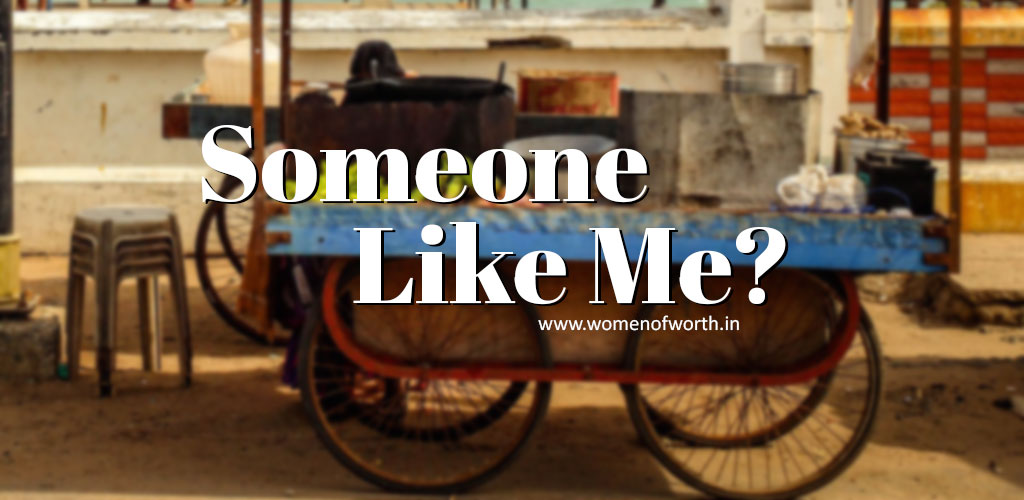
by WOW | Jun 18, 2018 | Blog, Fearless Project, Girl Arise
“You don’t know what people here are like, especially towards someone like you.”
This was one of the first warnings given to me when I arrived in the village. The statement correspondingly led to the meeting of him, my security guard, assigned by the school to ensure my safety for the semester.
Why do I need a security guard? What do they mean someone like me? A teacher? A researcher? An advocate? A musician? A student? A traveller?
A woman. But really, an outsider woman.
 I had just moved to a small village in rural Punjab to begin a six month teaching contract in an exclusively female college. I was expected to stay inside the college grounds most of the time, and only leave with the assistance of my security guard.
I had just moved to a small village in rural Punjab to begin a six month teaching contract in an exclusively female college. I was expected to stay inside the college grounds most of the time, and only leave with the assistance of my security guard.
For the first 2 months I used to pay him to leave me alone, to ‘forget’ to leave the gate unlocked and to develop alibis if anyone asked my location. I paid him for my freedom as I couldn’t surrender to the protocol that was implemented for my benefit. My fierce, independent, over confident, (naïve) 22 year old ego didn’t allow me to be spoken for by a guard.
My ego realised my independence cost 250 rupees and a hot masala chai from the favourite corner side vendor. Those 250 rupees paid for me to travel all over Punjab, being fully immersed in a different culture. I didn’t know it yet that the experience would alter my existence, forever being changed by the stories of the lives I encountered.
Opening up my security guard took three months. I wanted to know him, learn him, understand him. This man who is assigned to be with me every day but I don’t know anything about. Finally by month three he began to talk, and more yet, smile. The rest followed like a montage in a film, supported with a cheesy soundtrack, sepia undertone and laughing audio bites to portray the fast development of our friendship.
 He said he considered me as his daughter, and needed me to meet the rest of his family so they could all love me as much as he did. The first visit to his home was where the real initiation process occurred, the bridge transforming this friendship into family. The kindness and warmth was overwhelming, not only did I have a new Indian father but a mother and 2 brothers! He never had a daughter, but always wanted one. I was a blessing, an answering to his prayers, after all these years God had finally answered him. I had never experienced the love and intensity of a Punjabi family. It was like the rewriting of my history, as if I could see the baby pictures of me materialise into their photo albums. I could feel my blood starting to run hot with the blood of a new identity, a Punjabi identity.
He said he considered me as his daughter, and needed me to meet the rest of his family so they could all love me as much as he did. The first visit to his home was where the real initiation process occurred, the bridge transforming this friendship into family. The kindness and warmth was overwhelming, not only did I have a new Indian father but a mother and 2 brothers! He never had a daughter, but always wanted one. I was a blessing, an answering to his prayers, after all these years God had finally answered him. I had never experienced the love and intensity of a Punjabi family. It was like the rewriting of my history, as if I could see the baby pictures of me materialise into their photo albums. I could feel my blood starting to run hot with the blood of a new identity, a Punjabi identity.
A nightly ritual began where I would join Papa Ji for a 7pm chai outside his station near the gate of the college. Each day I looked forward to my 7pm chai’s, like a treat at the end of a long working day where I could replicate the feeling of home. One night I arrived at the gate station and resumed my normal seat like every other day for the past 3 months, but this time Papa Ji told me to bring my chair inside the office. Without a second thought I complied, chai in one hand, chair in the other, mid-sentence debriefing about my day until I heard the door lock behind me. It was then, locked in a gate keeper’s station, did I feel my chai fly out of my hand as I was pinned against the wall with full force.
Then, my Papa Ji, kissed me against my will.
 The kiss felt like a knife to my lips slit me open and all the newly acquired Punjabi blood spilled out. The baby pictures unmaterialised, my 5 year old self pixelated before dissipating into nothing. The memories tainted beyond redemption. It was as if my entire Punjabi family entered a car and had a head on collision on the highway, but the one who died was me, as I evaporated out of the delusion I put myself into.
The kiss felt like a knife to my lips slit me open and all the newly acquired Punjabi blood spilled out. The baby pictures unmaterialised, my 5 year old self pixelated before dissipating into nothing. The memories tainted beyond redemption. It was as if my entire Punjabi family entered a car and had a head on collision on the highway, but the one who died was me, as I evaporated out of the delusion I put myself into.
The irony is, he was the one to protect me, he was the one hired purely for the sole reason of my safety, and he was the one who breached it. Not just physically, but emotionally abusing me. It was then I realised this is how every child who goes home to an abusive family member feels. That confusion of what does it mean to be safe? What does it mean to be loved? When my father/mother/uncle/aunt/cousin tells me they love me yet continue to hurt me, is that the definition of love? Why does love feel so bad?
53% of people in India have been sexually abused as a child, and 88% of those abused have been abused by their parent. I, luckily, at the age of 22 knew my rights and my worth to address this problem and take proper steps to deal with it. A child would not know. A child is the emblem of purity and child sexual abuse is a crime against innocence. It is our responsibility as adults to protect our children, and defend that innocence.
Speak up, dare to be fearless.
Eliza van der Sman is a passionate human and animal rights activist with a love for words. Her curiosity and background in anthropology has taken her to 65 countries, where she found her second home in India. She now stays here dedicated to working towards the empowerment of women.
by WOW | May 31, 2018 | Blog, Fearless Project, Girl Arise
I had the displeasure of growing up with people who strongly believed that all girls had to behave a certain way. Surprisingly, though I was a child, their worldviews failed to change me. Instead, I found myself wrestling with comments like “She can’t even cook!” or “Watch it! Girls shouldn’t get so angry.”
(more…)

 There was no sense of lockdown being executed and there were people everywhere. There was no space for social distancing in the area. There was a feeling of hopelessness and sadness in the air. We quickly befriended the political leaders in the area and worked alongside them to reach out to the women and children. We were given a little shack in the middle of the vegetable market where we could station ourselves and wait for the women who would come to buy their daily groceries to find us and speak with us. We were immediately asked to intervene in some of the cases that were happening in the community and help with the problems.
There was no sense of lockdown being executed and there were people everywhere. There was no space for social distancing in the area. There was a feeling of hopelessness and sadness in the air. We quickly befriended the political leaders in the area and worked alongside them to reach out to the women and children. We were given a little shack in the middle of the vegetable market where we could station ourselves and wait for the women who would come to buy their daily groceries to find us and speak with us. We were immediately asked to intervene in some of the cases that were happening in the community and help with the problems.












 This soul became “Baby”, a baby pampered, warm hearted who heard the voice of her mother, who knew all her deeds, which was really one with her. And then one day in November 1977, in this huge city of Kolkata, the baby decides to live another adventure, to go see outside, that to finally see the face of the one who gave her life.
This soul became “Baby”, a baby pampered, warm hearted who heard the voice of her mother, who knew all her deeds, which was really one with her. And then one day in November 1977, in this huge city of Kolkata, the baby decides to live another adventure, to go see outside, that to finally see the face of the one who gave her life. So I was born in this hospital, I felt your love but as a girl, I also felt your pain and your doubts. This event, which should have been a joy, suddenly turned into mourning. You thought first with your heart, you pressed me very hard against you, you talked to me a lot and together we probably cried.
So I was born in this hospital, I felt your love but as a girl, I also felt your pain and your doubts. This event, which should have been a joy, suddenly turned into mourning. You thought first with your heart, you pressed me very hard against you, you talked to me a lot and together we probably cried.

 I had just moved to a small village in rural Punjab to begin a six month teaching contract in an exclusively female college. I was expected to stay inside the college grounds most of the time, and only leave with the assistance of my security guard.
I had just moved to a small village in rural Punjab to begin a six month teaching contract in an exclusively female college. I was expected to stay inside the college grounds most of the time, and only leave with the assistance of my security guard. He said he considered me as his daughter, and needed me to meet the rest of his family so they could all love me as much as he did. The first visit to his home was where the real initiation process occurred, the bridge transforming this friendship into family. The kindness and warmth was overwhelming, not only did I have a new Indian father but a mother and 2 brothers! He never had a daughter, but always wanted one. I was a blessing, an answering to his prayers, after all these years God had finally answered him. I had never experienced the love and intensity of a Punjabi family. It was like the rewriting of my history, as if I could see the baby pictures of me materialise into their photo albums. I could feel my blood starting to run hot with the blood of a new identity, a Punjabi identity.
He said he considered me as his daughter, and needed me to meet the rest of his family so they could all love me as much as he did. The first visit to his home was where the real initiation process occurred, the bridge transforming this friendship into family. The kindness and warmth was overwhelming, not only did I have a new Indian father but a mother and 2 brothers! He never had a daughter, but always wanted one. I was a blessing, an answering to his prayers, after all these years God had finally answered him. I had never experienced the love and intensity of a Punjabi family. It was like the rewriting of my history, as if I could see the baby pictures of me materialise into their photo albums. I could feel my blood starting to run hot with the blood of a new identity, a Punjabi identity. The kiss felt like a knife to my lips slit me open and all the newly acquired Punjabi blood spilled out. The baby pictures unmaterialised, my 5 year old self pixelated before dissipating into nothing. The memories tainted beyond redemption. It was as if my entire Punjabi family entered a car and had a head on collision on the highway, but the one who died was me, as I evaporated out of the delusion I put myself into.
The kiss felt like a knife to my lips slit me open and all the newly acquired Punjabi blood spilled out. The baby pictures unmaterialised, my 5 year old self pixelated before dissipating into nothing. The memories tainted beyond redemption. It was as if my entire Punjabi family entered a car and had a head on collision on the highway, but the one who died was me, as I evaporated out of the delusion I put myself into.